Saving cBHT
A smoking gun: Documents provide unambiguous evidence of bias in NASEM report
Published March 5, 2021
FDA exerted so much influence on NASEM’s compounded hormones report that not only is that report essentially worthless, the process itself likely violated federal law.
That’s what attorneys for a coalition of APC-member compounding pharmacies have discovered as a result of a Freedom of Information Act (FOIA) request of FDA and NASEM.
The coalition this week filed a 291-page supplement to its original public comment to FDA on the report, concluding that “FDA cannot, in any way, adopt or rely on any of the conclusions or recommendations published by NASEM in its Report.”
“When the NASEM report was released, we suggested that FDA got the report it wanted — a report that reflected FDA’s opposition to cBHT,” said APC President Michael Blaire. “Now, thanks to the FOIA data, we have proof that FDA had more than just a finger on the scales.”
Certainly FDA influenced NASEM in a general way; paying more than $1.3 million for a report implies you’ll have some influence over the outcome. To learn the extent of the bias, though, attorneys at Reed Smith filed a FOIA request for (among other documents) the communication between FDA and NASEM regarding the report.
What those documents reveal is an egregious violation of the Federal Advisory Committee Act. Not only did FDA have undue influence over the entire report, but the agency’s conduct and direction of what was supposed to be an independent process began well before the NASEM committee was empaneled.
Planting the poisoned tree
FDA, the documents show, all but controlled the report’s outcome from the get-go, telling NASEM “how the study should go and which conclusions should be made”; the request itself included a list of supposed “adverse events” FDA claimed were related to compounded hormones.
As the supplemental comment filed with FDA this week points out, “Before the NASEM Committee had a chance to review any relevant materials or form its own opinion or even initiate the Study, FDA had already told NASEM that all compounded medications were less safe than FDA-approved drugs.”
And that was just the start. A short list of what else was revealed by the FOIA-discovered documents:
- Stacking the deck: FDA provided recommendations for who should serve on the committee, including a list of cBHT “experts,” one of whom, Jane Axelrad, admitted that she had a conflict of interest. (She ended up serving as a reviewer of the report.)
- Lacking credentials: None of the “experts” FDA recommended to NASEM was an active prescriber of cBHT.
- Finger on the scale: Despite the fact that the report was (in theory) meant to inform FDA’s decisions, it was FDA that insisted on informing NASEM, repeatedly sending resources to the committee regarding adverse events FDA claimed were associated with cBHT.
- Undue influence. When the draft report was finished, FDA insisted on proposing revisions before the final version was released. Again, this report was supposed to inform FDA, not simply be an echo chamber for its poorly concealed negative opinion of cBHT.
Anything but independent
As Reed Smith attorney Rachael Pontikes explained in her supplemental comment letter, it appears that FDA merely wanted use the trusted NASEM ‘brand’ to promote its prejudiced opinions. “Regardless of FDA’s true intentions with this study, there is absolutely no way that the report can be considered independent of FDA’s management and control.”
Her conclusion is worth reading in its entirety:
[W]e have seen enough to conclude that it is abundantly clear that FDA had actual management and control over the NASEM Committee, which made it impossible for the NASEM Committee to publish an independent, unbiased Report. Therefore, FDA must disregard this Report in its entirety—FDA cannot adopt any of the conclusions or recommendations in the NASEM Report because FDA’s interference with the Report violated FACA [the Federal Advisory Committee Act].
[…]FDA must reject the NASEM Committee’s Report and all the conclusions and recommendations therein, in favor of keeping cBHRT, a critical, life-saving therapy, available for the millions of patients that rely on this therapy.
Read the supplement letter (9-page PDF).
Get the entire supplement with all the exhibits (291-page PDF)
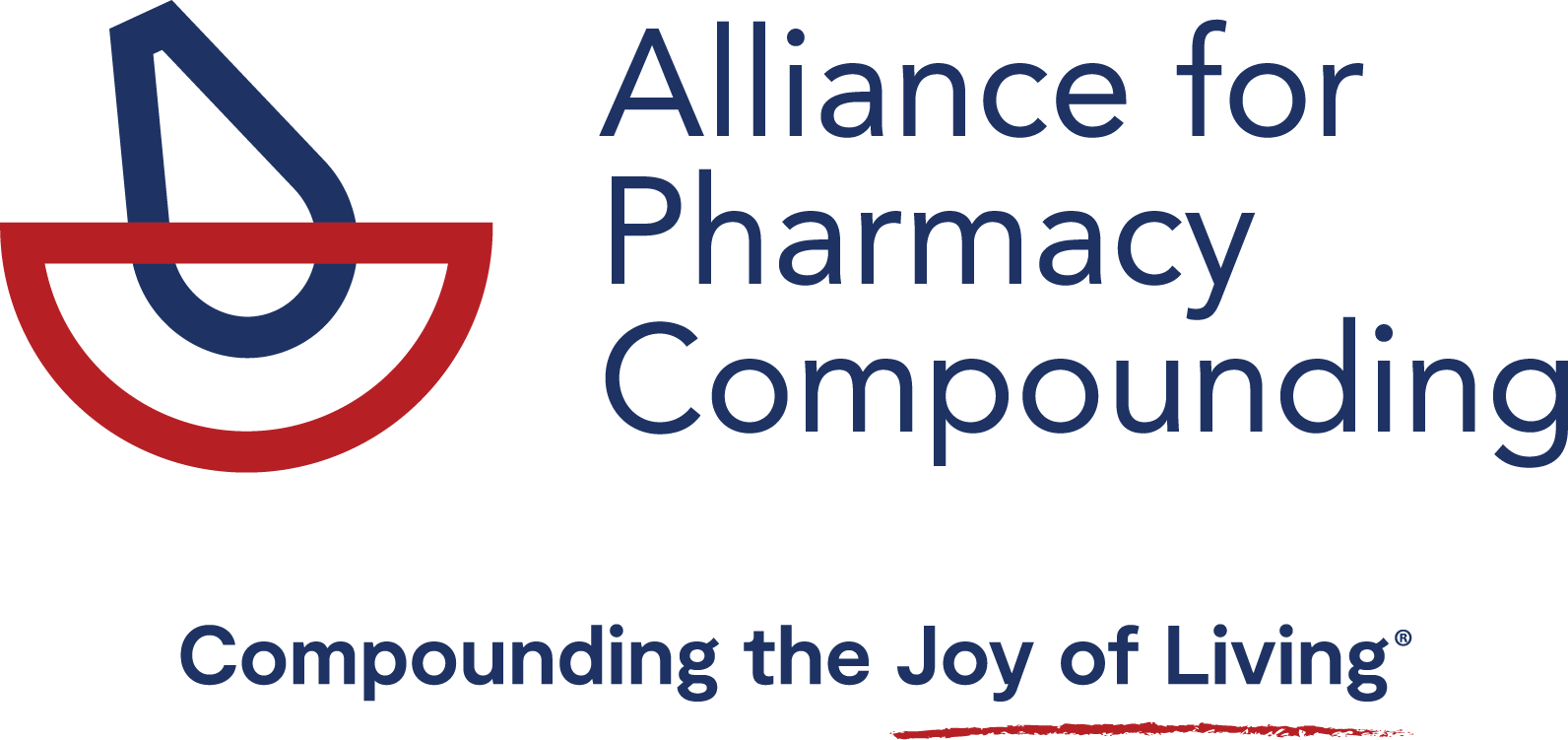













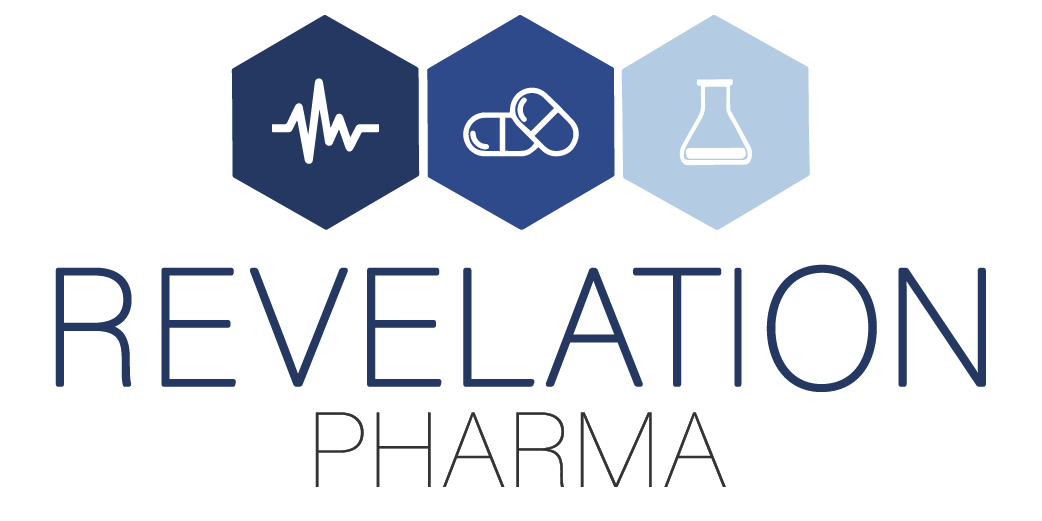
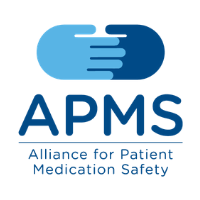




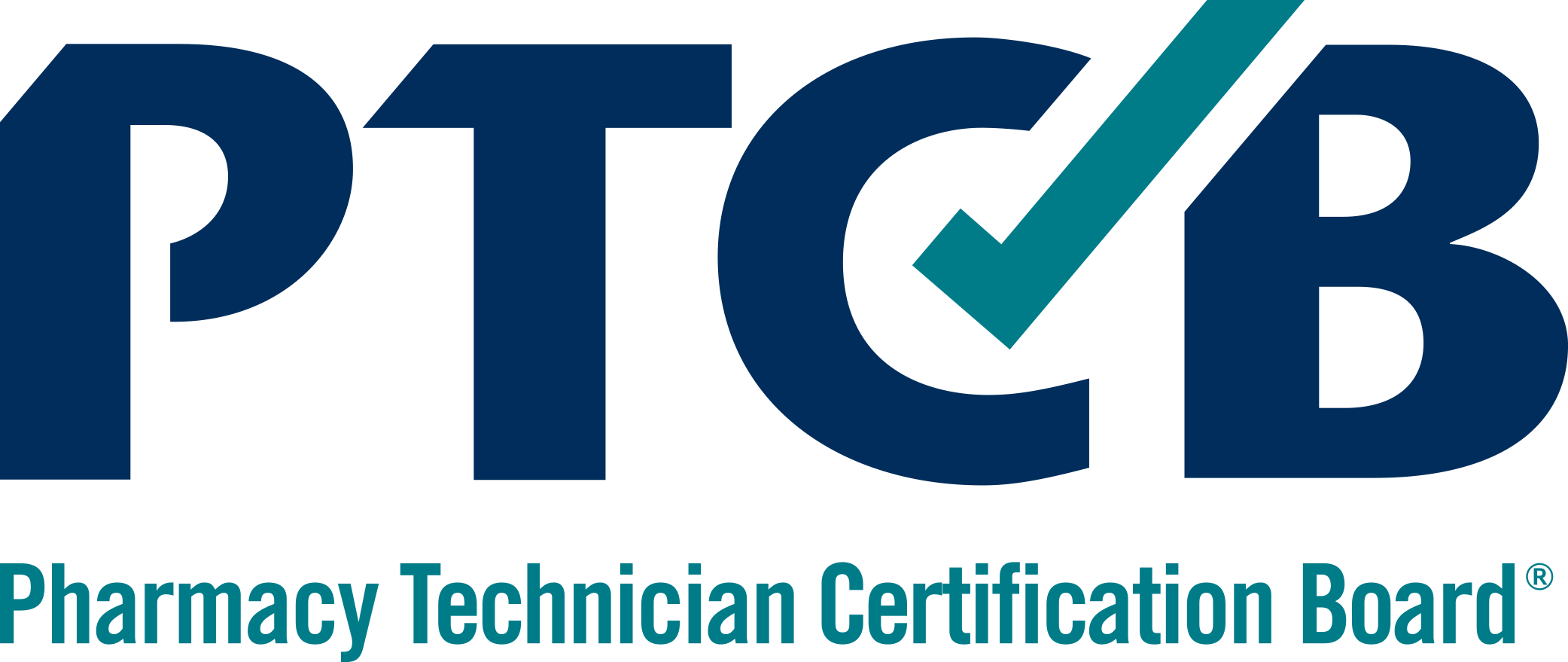
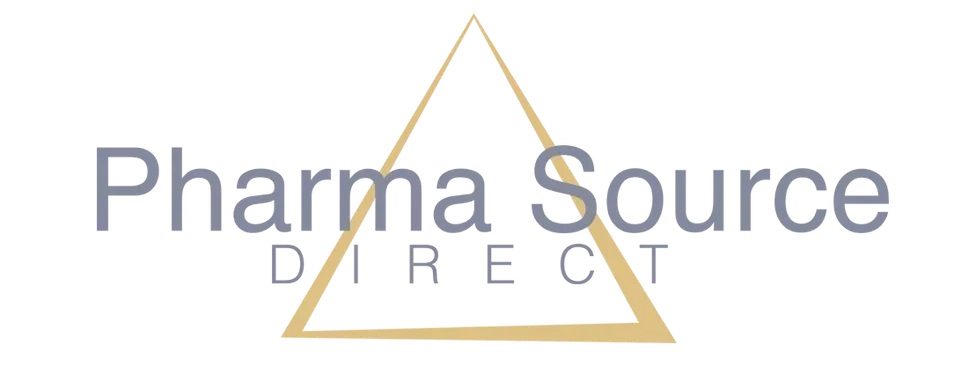
![Topi-CLICK a Division of TEAM Outlines[1]](https://a4pc.org/files/Topi-CLICK-a-Division-of-TEAM-Outlines1.png)










